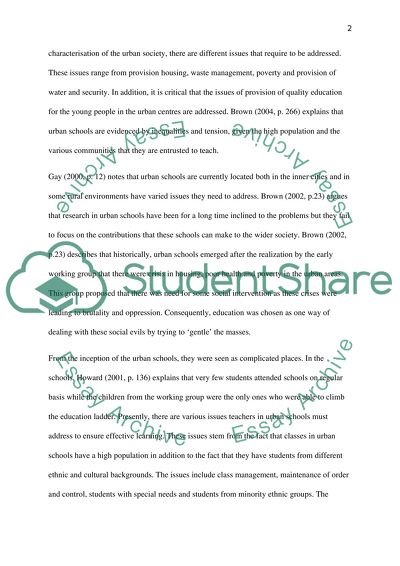Cite this document
(“Urban education Essay Example | Topics and Well Written Essays - 2250 words”, n.d.)
Retrieved from https://studentshare.org/education/1587835-urban-education
Retrieved from https://studentshare.org/education/1587835-urban-education
(Urban Education Essay Example | Topics and Well Written Essays - 2250 Words)
https://studentshare.org/education/1587835-urban-education.
https://studentshare.org/education/1587835-urban-education.
“Urban Education Essay Example | Topics and Well Written Essays - 2250 Words”, n.d. https://studentshare.org/education/1587835-urban-education.


